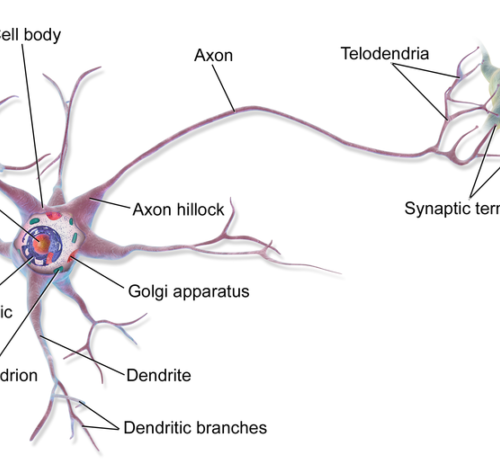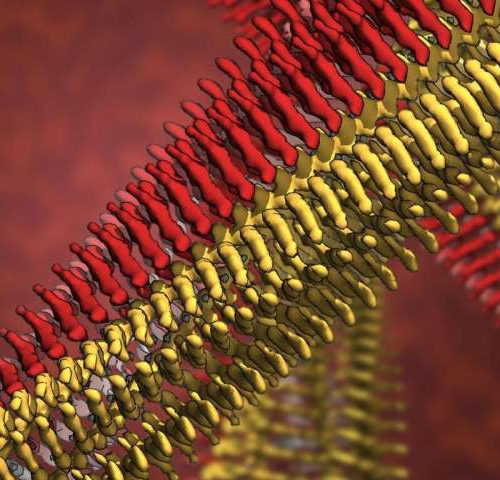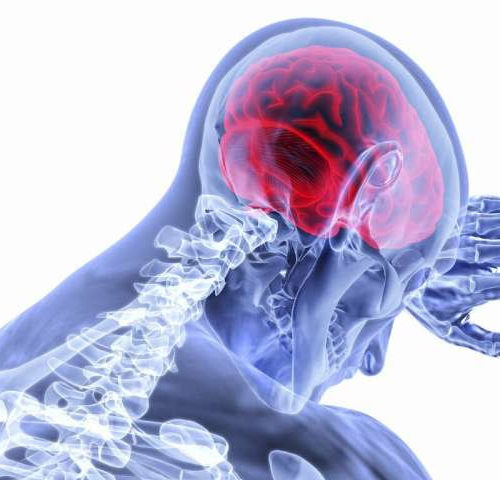by University of Sheffield Scientists have made a breakthrough in understanding how the enteric nervous system forms, which could pave the way for new treatments for neurodegenerative diseases such as Parkinson’s. The findings, published in the journal Stem Cell Reports, pave the way for using stem cells to understand and treat a range of diseases...
Tag: <span>Neurodegenerative</span>
Female chromosomes offer resilience to Alzheimer’s
by University of California, San Francisco Women with Alzheimer’s live longer than men with the disease, and scientists at UC San Francisco now have evidence from research in both humans and mice that this is because they have genetic protection from the ravages of the disease. By virtue of having a second X chromosome, women...
Autoimmune diseases in ALS patients linked to genetic mutation
by Sarah Lichtman, Cedars-Sinai Medical Center A study published today in the journal Nature could help explain why certain people who develop amyotrophic lateral sclerosis (ALS), a deadly neurological disorder also known as Lou Gehrig’s disease, are prone to autoimmune diseases. ALS, which has no known cure, causes progressive degeneration of nerve cells in the...
Neurons are genetically programmed to have long lives
When our neurons — the principal cells of the brain — die, so do we. Most neurons are created during embryonic development and have no “backup” after birth. Researchers have generally believed that their survival is determined nearly extrinsically, or by outside forces, such as the tissues and cells that neurons supply with nerve cells....
DRUG SHOWS PROMISE FOR FIGHTING RARE ALS
An experimental drug for a rare, inherited form of amyotrophic lateral sclerosis has shown promise in a phase 1/phase 2 clinical trial, researchers report. The trial indicated that the experimental drug, known as tofersen, shows evidence of safety that warrants further investigation and lowers levels of a disease-causing protein in people with a type of...
Gene yields insights into the causes of neurodegeneration
by Cornell University Across the globe, approximately 50 million people are living with dementia. The two most common forms are Alzheimer’s disease and frontotemporal lobar degeneration (FTLD), which develop when neurons in specific parts of the brain stop functioning—triggering memory loss and other behavioral or personality changes. Without a cure, the World Health Organization predicts...
New Clues To ALS And Alzheimer’s From Physics
JON HAMILTON This light micrograph from the brain of someone who died with Alzheimer’s disease shows the plaques and neurofibrillary tangles that are typical of the disease. A glitch that prevents healthy cell structures from transitioning from one phase to the next might contribute to the tangles, researchers say. Jose Luis Calvo/ Science Source The...
New indication of a link between Alzheimer’s and diabetes
by Forschungszentrum Juelich Pathological protein clumps are characteristic of a series of diseases, such as Alzheimer’s disease, Parkinson’s disease, and type 2 diabetes. Scientists at Forschungszentrum Jülich, Heinrich Heine University Düsseldorf, and Maastricht University have now used cryo-electron microscopy to obtain a sharp image for the first time of how individual molecules are arranged in...
Noise disturbs the brain’s compass
by German Center for Neurodegenerative Diseases Our sense of direction tends to decline with age. In the scientific journal Nature Communications, researchers from the German Center for Neurodegenerative Diseases (DZNE) and experts from the U.S. report on new insights into the causes of this phenomenon. According to their findings, the main source of errors in...
Watch that smell! Scents can regulate fat storage
Working with the laboratory worm C. elegans, Mutlu and her colleagues conducted a broad screen to investigate whether neurons can actively send signals that, without affecting feeding habits, could alter lipid metabolism. “When we found a connection with the sense of smell, we were very surprised. We expected a link with taste or related to...









